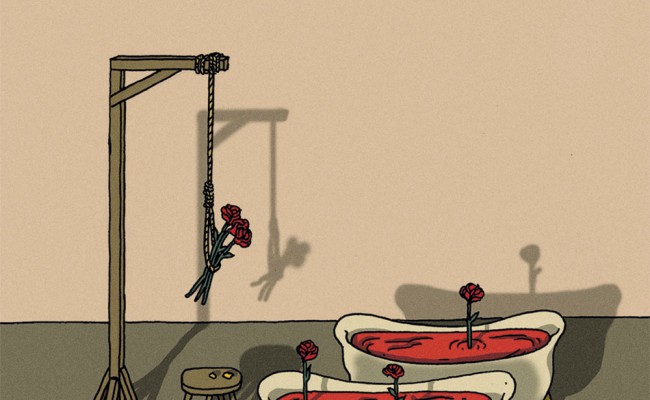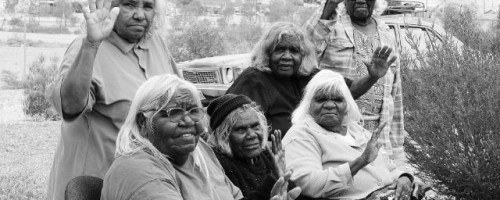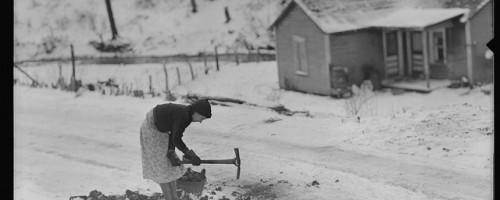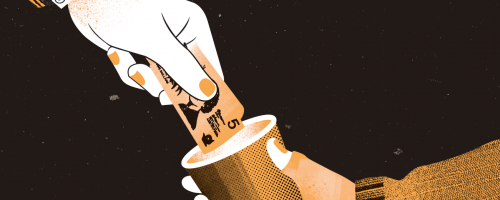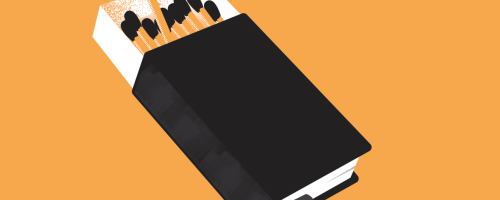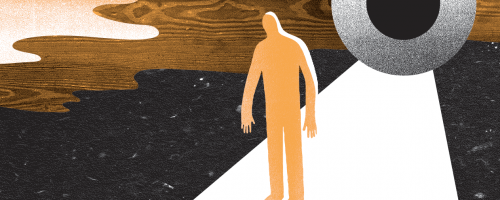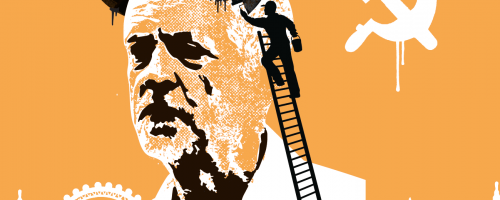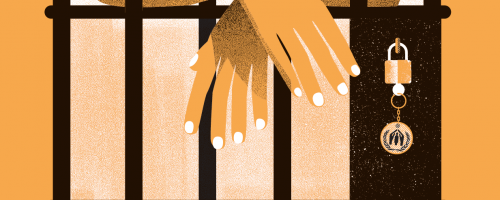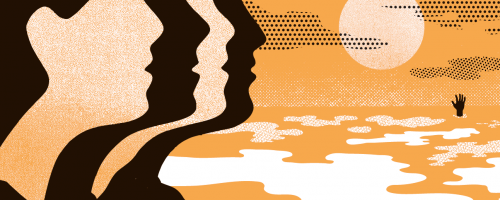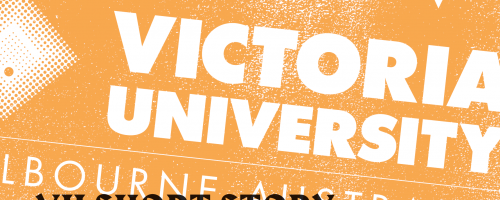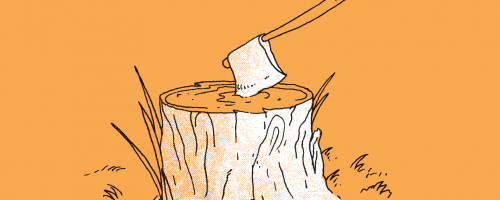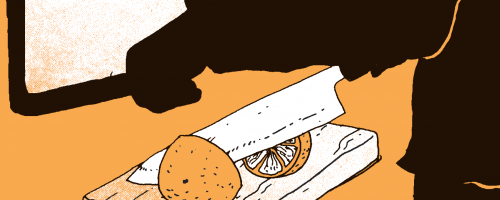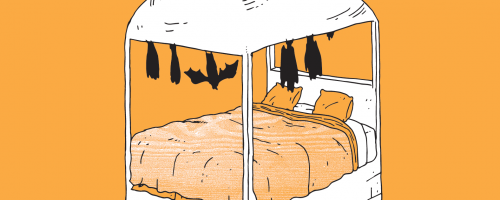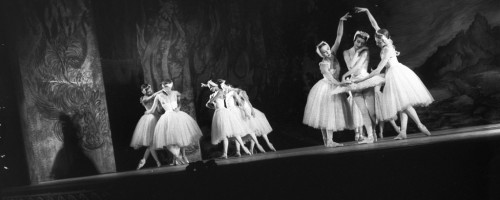Overland’s 224th issue
As this edition of Overland goes to print, refugees and asylum seekers on Nauru have been protesting for 180 consecutive days about their 1153 days in detention. Twelve hundred adults, children and babies rammed into (repurposed) containers or suffocative tents in a camp where water is scarce and food rotten, where rape and sexual abuse is an everyday occurrence, where escape is sought through self-harm or suicide. Misery and pain goes unheeded; broken bones, infections, diseases and ailments are treated with, at best, Panadol.
